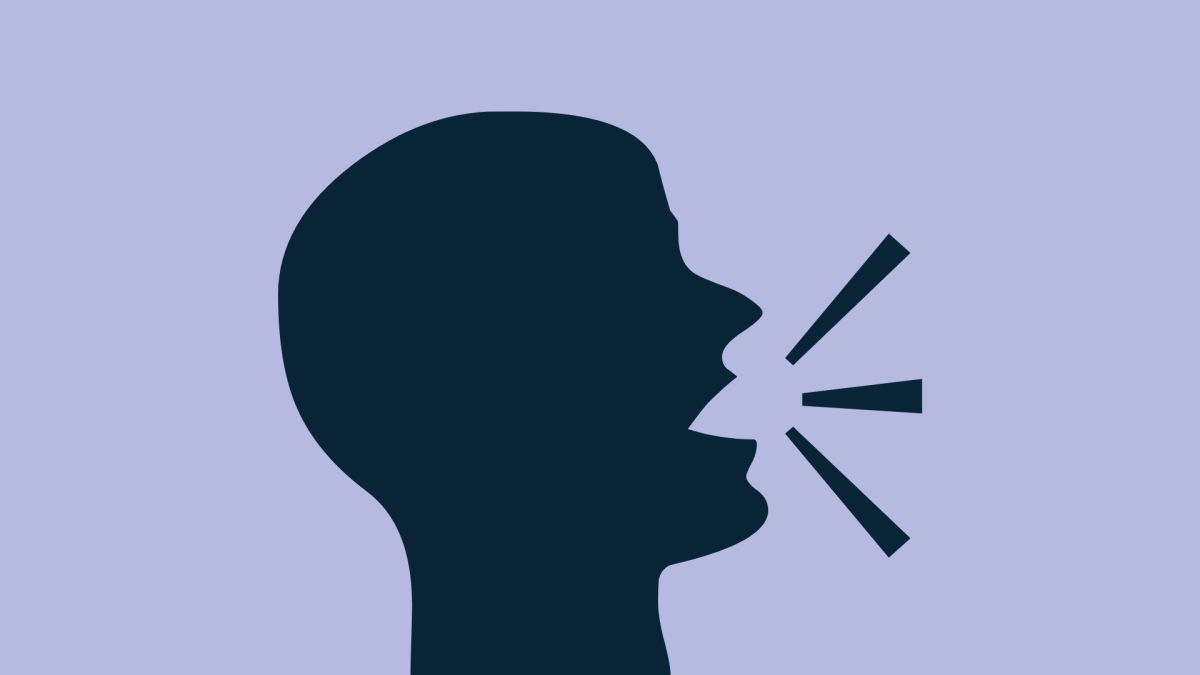For years, the communications course at SIS was infamous for being one of the toughest courses in the freshman curriculum, with its rigorous summative impromptu speeches, presentations, and debate that significantly lowered many students’ GPAs. However, in the 2023-’24 school year, the course underwent a dramatic shift in its learning objectives, deviating from the previous focus for oral communication to a more interdisciplinary subject blending ethical issues and media production into its curriculum.
In the first semester, the course will focus on fostering students to build their personal ethical frameworks by investigating fields like media or environmental ethics while in the second semester, it will involve more application-based debates and role play through fields such as legal, medical, business, and more.
The rigor of the class notably declined, as changes in the grading rubric placed less emphasis on oratory skills in public speaking but rather adopted more production-based assessments. Previously, grading was highly contingent on a student’s ability to articulate speeches under pressure. Now, the rubric places more dependence on how thoroughly students prepared both in and outside of class for video projects, presentations, and debates. Additionally, points taken off for mistakes were changed to become more minor, only docking 2% per mistake.
“One of the aspects of the [previous curriculum] that I felt wasn’t that great was that it didn’t really feel like we were learning much content, but rather, we were doing stand alone projects that felt disjointed,” Sean Kim (12), past student of the former Communications curriculum, said. “For instance, we had to make a brochure on propaganda about how we spread information and , but there was another project that [involved] an oral interpretation of a song, which I felt was very disjoint. I feel like it didn’t really help our oral skills that much because it was often forced and practiced. In that sense, I feel like that improved the class significantly because ethics is a part of each [unit] and now it’s more cohesive as a class.”
This new format reduces stress and difficulty by putting less emphasis on the student’s innate speaking abilities, which are hard to improve simply by practicing at home.
“In the beginning, [the structure of the class] kind of surprised me because when you hear communications, you would think of speeches, impromptu, and group presentations,” Luke Lee (10), last-year student of the new curriculum, said. “My experience in the course involved various types of creative summatives like making videos and learning about ethics rather than solely on communication. It wasn’t that rigorous of a class and definitely fell in the middle ground amongst all my other classes in terms of difficulty.”
Along with the changes in the Communications course’s features, many new teachers from a variety of educational fields–Robin Ibbotson, Iain Cowieson, James Kowalski, and Megan Mannell–cooperated to create the new curriculum for 2023-’24, freshly formatting and designing the summative projects. One significant advantage of the new curriculum’s format is that its individual-production based assessment allows any teacher to be fit for the role–even this year, the teacher lineup for the course introduced English and STEM teachers to guide the course.
“We decided that we would redesign the course [because] we expect students to behave ethically, but we don’t do any work around developing ethical reasoning,” Gray Macklin, high school principal, said. “Solving ethical problems is not innate. If we’re going to expect students to behave in an ethical fashion, we need to do some work around developing their ethical reasoning. I think making sure that students develop a good ethical framework at the start of their high school career is pretty important.”


